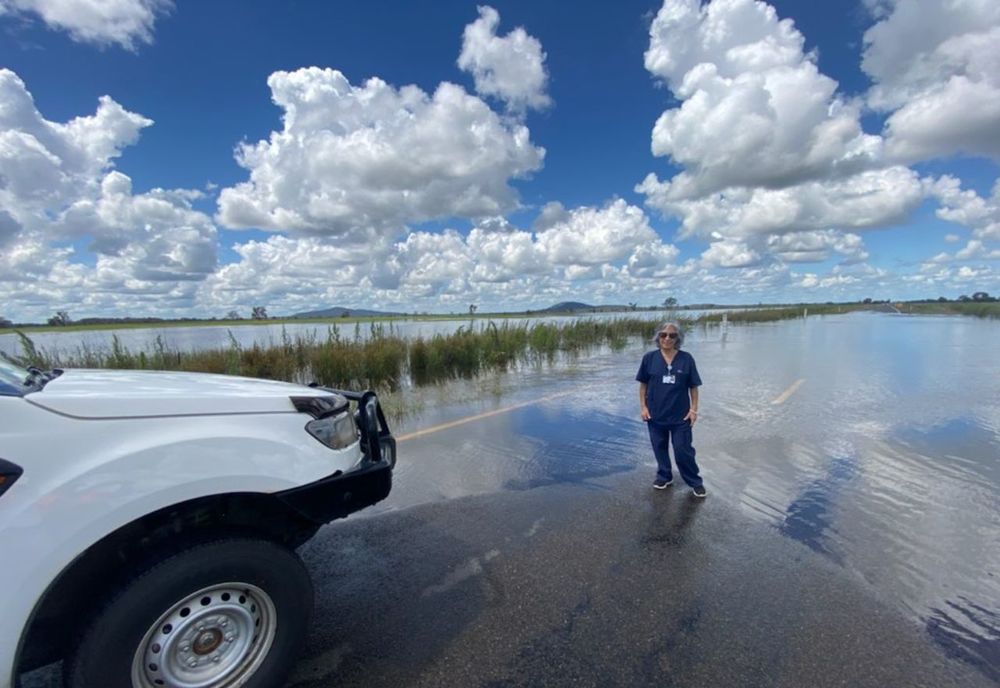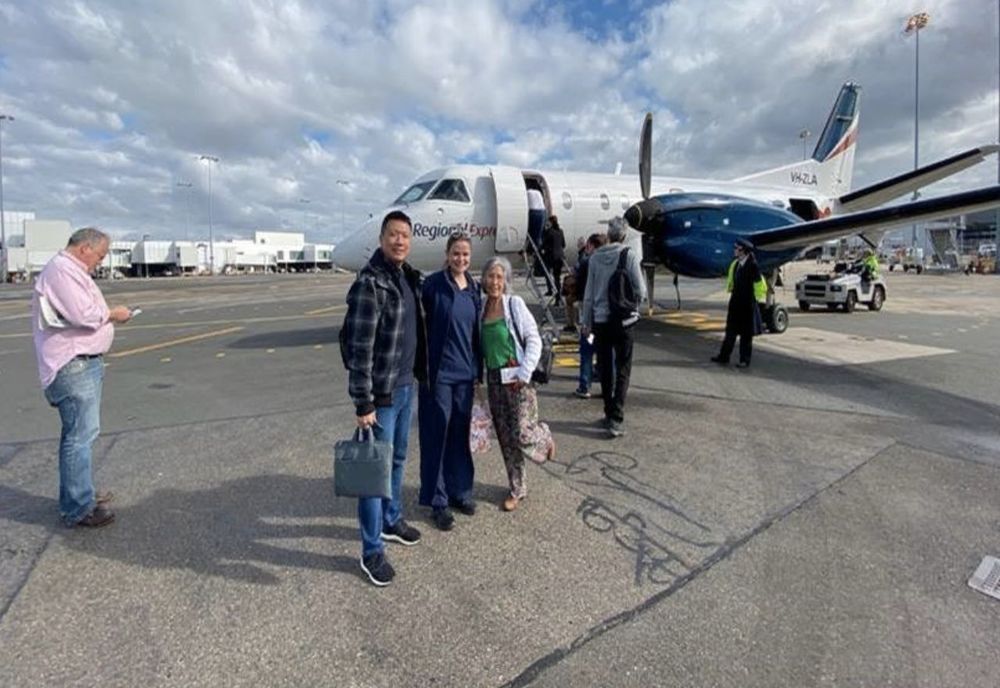More graduate nurses
Lucy Kirk
25 November 2022, 6:40 AM
 Western NSW Local Health District is to increase it's available positions for nursing graduates.
Western NSW Local Health District is to increase it's available positions for nursing graduates.As NSW nurses and midwives partake in a 24 hour strike today, good news has come for regional communities as the Western NSW Local Health District (WNSWLHD) announced it is increasing the number of positions available for nurse graduates in its hospitals and health services.
The WNSWLHD will be increasing the positions available in its GradStart Program by more than 60 per cent from 120 to 195 in 2023.
“This is a great opportunity for nurse graduates to get involved in delivering care to rural communities across Western NSW," said WNSWLHD Nursing Graduate program coordinator, Jackie Corliss.
"They will be able to gain experience and knowledge, in a supervised capacity, while working across a number of general and specialty areas including Emergency Department, ICU, pediatrics, community nursing, oncology, theatres and mental health during their four rotations,” Ms Corliss said.
The 2023 cohort will be the first group to be able to experience rural sites instead of major hospitals such as Bathurst, Dubbo and Orange.

"This is really giving our new graduates a full experience of working in regional health districts, showing the wide variety of skills you can learn and supporting them to build the skills needed for their career,” said Ms Corliss.
Edith Castro-Rivera was one of three State Health Emergency Centre (SHEOC) Nurses recently deployed in the NSW Health Workforce Flood Response in the WNSWLHD, who has raved about the quality of her experience in regional NSW.
"I usually work in the city and in big areas and the one thing I noticed during my placement was how well-trained the rural nurses are," said Ms Castro-Rivera.
"They have inspired me... Everyone was so skilled in accessing virtual care that distance wasn't a barrier to patient care.
"The entire experience was such a positive one, I really enjoyed it," she said.
The Other Side of The Coin
Despite rural nurses being some of the most well-trained in their field, and providing such an essential service to the community, today many have walked off the job over staffing and pay issues.
NSWNMA General Secretary, Shaye Candish, said nurses and midwives were tired of being ignored over calls for safe staffing, better working conditions and fair pay to recognise their contribution to the health system.
“Since our first statewide strike on 15 February, nurses and midwives have gone above and beyond to put patient care ahead of their own basic needs. Shift after shift they have continued, burdened by short staffing and constant requests for overtime,” said Ms Candish.
In the Western Plains Region, solidarity walkouts at the end of the morning shift were today held in Gilgandra, Cobar and Trangie in support of the nurses and midwives’ statewide strike.

PHOTO; Pictured alongside Edith (right) who provided crisis nursing support to Condobolin – is Samuel Liu (left), who provided crisis nursing support to Tottenham Multi-Purpose Service, and Emma Jenkins (middle), who provided crisis nursing support to Tullamore Multi-Purpose Service. SOURCE: WNSWLHD facebook page.
Help is on the Way
In a bid to help address the lack of primary care providers and the concerning future pipeline of health care professionals in regional NSW, The NSW Government has written to the Federal Government stating that the implementation of the Single Employer Model is urgent.
The Single Employer Model sees Local Health Districts take on junior doctors as the single employer, in partnership with Primary Health Networks and individual GP practices.
This adds a significant incentive for junior doctors to work and stay in the bush, with benefits including a higher salary early in their career and stable employment.
“The NSW Government has identified five areas of regional NSW to expand the Single Employer Model that is currently being piloted in Murrumbidgee Local Health District – and we are ready to go now,” said Minister for Regional Health, Bronnie Taylor.
“The model demonstrates that by doing things differently we can deliver outcomes that work for our communities.”
NSW is ready to expand this model, however, requires the Commonwealth to grant exemptions under section 19(2) of the Health Insurance Act 1973.
Mrs Taylor said the Commonwealth must immediately expedite the process and allow the NSW Government to get on with rolling out the model across rural and regional NSW.
“The Federal Health Minister has said he will look at this next year, but next year is too late. The GP crisis in the bush is real and our communities are calling for action now. This should have been the Albanese Government’s first priority six months ago,” said Mrs Taylor.
While the rollout of the Single Employer Model remains to be seen in the Western NSW, Hunter New England, Far West and Northern NSW, expansion of the GradStart program in the Western NSW LHD is a good start and exciting news for burnt out nurses.
“This is about building a nursing workforce which can not only provide the best care but also learn the skills needed to deliver for the local community now and into the future," said Ms Corliss.
"We want to ensure they are given the best experience possible and will want to stay in our beautiful region,” she said.
Nursing graduates who are interested in these roles can visit https://www.health.nsw.gov.au/nursing/employment/Pages/recruit.aspx
for more information.




